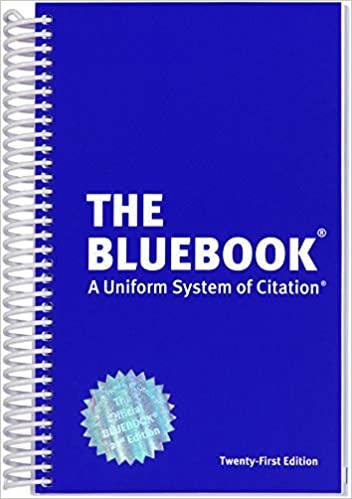Question
1.What would not be a reason to prevent the Government from applying a contract remedy? A)Impossibility of performance B)Contractor's lack of understanding of requirements C)Implied
1.What would not be a reason to prevent the Government from applying a contract remedy?
A)Impossibility of performance B)Contractor's lack of understanding of requirements C)Implied duty not to hinder performance D)Mutual mistakes E)None of the above
2.Under a contract for commercial items, the contracting officer may not:
A)Suspend payments B)Reject work after acceptance C)Send a cure notice D)Impose liquidated damages E)None of the above
3.Under contracts for non-commercial items or services, the contracting officer may not:
A)Accept deliveries more than 90 days late B)Withhold more than 10% of the monies due the contractor C)Require the contractor to reperform services already rendered D)Assess any remedies for loss or damage to government property under a cost-plus-incentive-fee contract E)None of the above
Generally, trial practice at the boards of contract appeals is more __________ than in the courts.
A)FormalB)Informal
10.The contractor has __________ after receipt of the contracting officer's decision to bring suit in the Court of Federal Claims.
A)30 daysB)90 daysC)6 monthsD)12 months
Which of the following statements regarding a claim is untrue?
A)The Contract Disputes Act defines the term "claim"B)A claim that states it exceeds a specified dollar amount is not sum certainC)A claim which reserves the right to include additional amounts does not qualifyD)The government and contractor can file a claim to have its rights under a contract determined without seeking monetary damages
13.The Contract Disputes Act also provides an acceleratedprocedure for resolving small claims involving __________ or less.
A)$50,000B)$100,000C)$250,000D)$500,000
14.All CDA claims must be submitted to the contracting officer within __________ after the accrual of the claim.
A)90 daysB)1 yearC)6 yearsD)10 years
15.The __________ provided a means for small contractors to recover reasonable fees and expenses of litigation under certain circumstances.
A)Contract Disputes ActB)Federal Court Administration Act of 1992C)Federal Acquisition Streamlining Act of 1994D)Equal Access to Justice Act
Which of the following statements about arbitration is true?
A)An arbitration decision can be binding or nonbindingB)An arbitrator is usually given decisionmaking power by the partiesC)Agencies are prohibited from requiring contractors to agree to the use of binding arbitration to settle disputes as a precondition to receiving a government contractD)All of the above
18.The U.S. Army Corps of Engineers has taken the lead in the area of ADR, and in particular:
A)MediationB)ArbitrationC)MinitrialsD)Conciliation
19.The FAR provides for correction of mistakes when:
A)A mutual mistake as to a "material fact" has occurredB)A mutual mistake as to the terms of the contract has occurredC)A contractor's mutual mistake should have been obvious to the contracting officerD)All of the above
20.It is necessary to obtain feedback from a contractor before applying a contract remedy.
True False
Step by Step Solution
There are 3 Steps involved in it
Step: 1

Get Instant Access to Expert-Tailored Solutions
See step-by-step solutions with expert insights and AI powered tools for academic success
Step: 2

Step: 3

Ace Your Homework with AI
Get the answers you need in no time with our AI-driven, step-by-step assistance
Get Started


